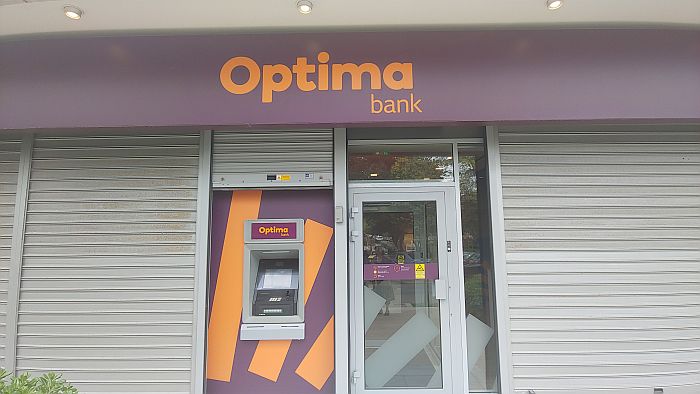Since I frequently write about residing overseas, being a digital nomad, and exploring various locations around the globe, I often receive inquiries regarding access to travel funds. “Do you open a local bank account?” “Where should I deposit my money back home to ensure easy access?” “Should I convert money before I arrive?”
The crucial question, however, is how to minimize travel fees when acquiring or exchanging currency, as well as when using a credit card.
The methods for accessing your travel funds have streamlined to a few straightforward options. In most locations, it’s advisable to carry some cash while accessing the remainder with your ATM card and using a debit or credit card whenever feasible. Additionally, employ a credit card for significant expenses (such as local airfare, trains, car rentals, or accommodations) and instances where you require protection if something goes awry (like a local tour).
The issue is that banks relish fees just as much as airlines do, irrespective of whether the transaction necessitates any effort from them. Without caution, the fees can accumulate to the cost of a night’s accommodation every few weeks, impacting your budget.
I will elaborate on key strategies, but these are ways to dodge beginner travel errors that can drain your funds—money that could be spent on enjoyable experiences instead.
1) Ensure you utilize only credit cards that do not impose a foreign transaction fee.
2) Opt for ATMs for foreign cash rather than currency exchange counters, while keeping local fees minimal.
3) If feasible, acquire a debit card that refunds local fees or at least does not impose charges on their end either.
4) Always reject the bank scam “currency conversion” offer and consistently charge expenses in the local currency.
5) Steer clear of dubious ATMs and have alternative plans in case your card is captured, misplaced, or stolen.
6) Aim to use credit cards that provide some form of travel rewards. This way, your vacations are not infrequent occurrences.
Let’s delve into these details so you can become a knowledgeable traveler in the future and retain more of your own funds while traversing foreign nations.
Minimize Fees Imposed by Credit Cards
When I initially began acquiring branded travel credit cards, at least half of them imposed some form of foreign transaction fee every time an individual utilized them, which is an outright pickpocketing tactic offering nothing in return. Fortunately, most of these cards have eliminated foreign transaction fees since doing so drove many customers away.
It appears peculiar that a card designed for travelers would penalize you for traveling, yet this still holds true for some of them. The most notable example is the Southwest card from Chase. It remains worthwhile for the sign-up bonus and to check a bag for free on this waning airline, but it’s advisable to keep it stored away whenever you’re outside the U.S.
Otherwise, scrutinize the fine print if it’s an entry-level card with no annual fee. These are the ones most likely to charge you an extra 2.5% to 3% if you mistakenly use them abroad. This includes some (but not necessarily all) cards affiliated with JetBlue, Alaska Airlines, and Marriott Bonvoy (“Bold” version).
Some cash-back rebate cards also apply this, negating any cash you earned back. Certain debit cards will penalize you twice. Most notably, the one from PayPal, which provides you with a less favorable exchange rate than the banks and then adds a foreign fee on top. They even charged me a “foreign transaction fee” when I utilized their card in Panama, despite Panama using the U.S. dollar!
Withdraw Cash from ATM Machines
I’m often astonished to see advice articles and tour company guidelines instructing people to acquire foreign currency from their banks prior to their trip. This is a guaranteed way to ensure you start your journey at a disadvantage before you even arrive!
Almost 99.5% of the time, you will receive a superior exchange rate from an ATM upon arrival than you would in your home country. You’re also likely to secure a better rate from that machine compared to any local currency exchange booth, regardless of whether they claim “no commission.” (They profit from the spread on each transaction, so they have no incentive to give you the actual bank rate.)
The only occasion to utilize an exchange booth is when you need to convert currency back because you’re departing. Then, if you incur a small loss to obtain cash you can utilize elsewhere, it’s justifiable. You certainly don’t want to travel with Albanian lek or Vietnamese dong.
Remember to consolidate your withdrawals to minimize fees and avoid withdrawing excessive cash for a brief trip, especially if you will be
